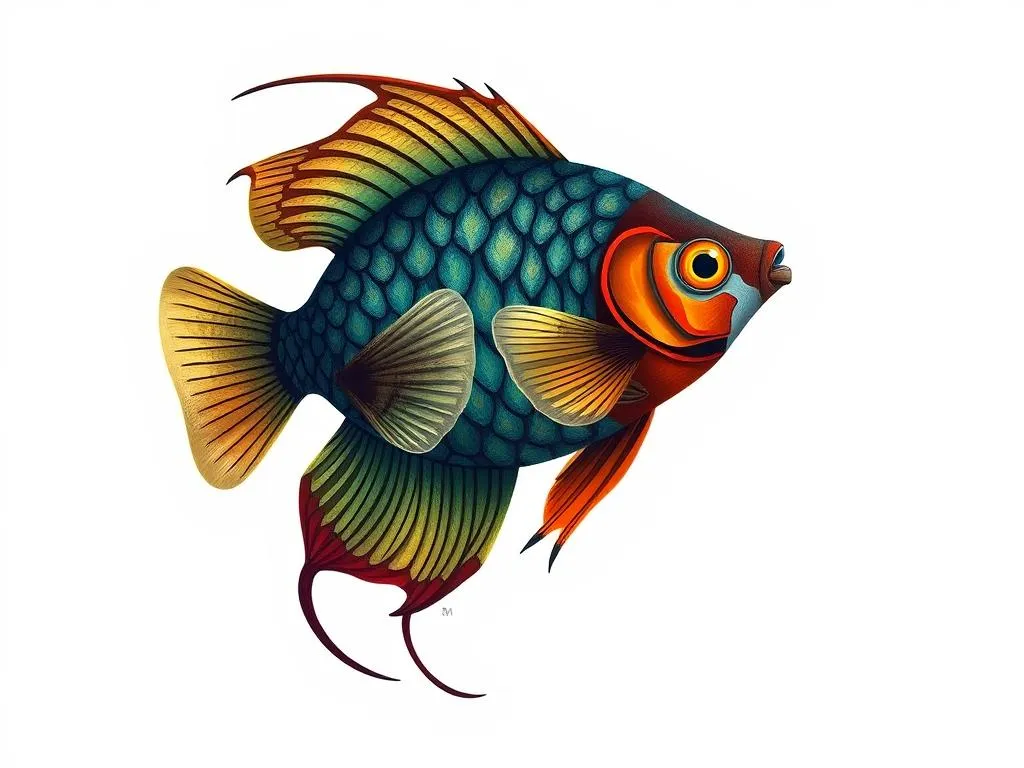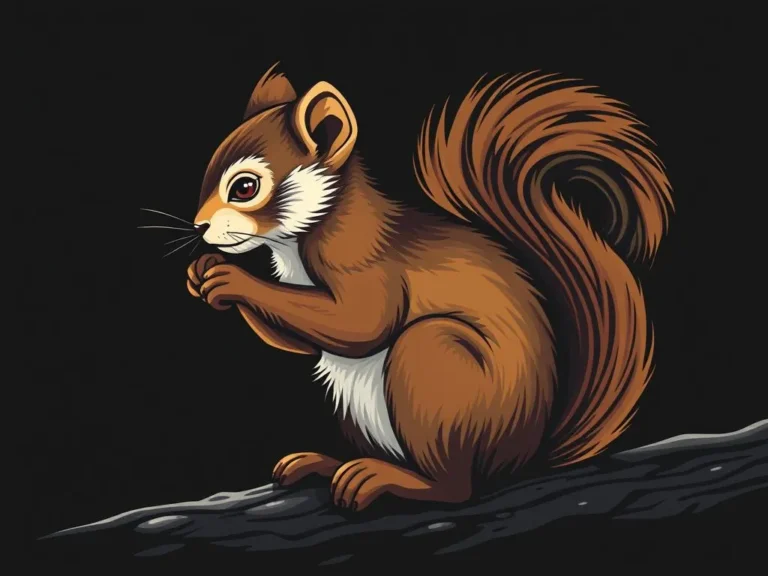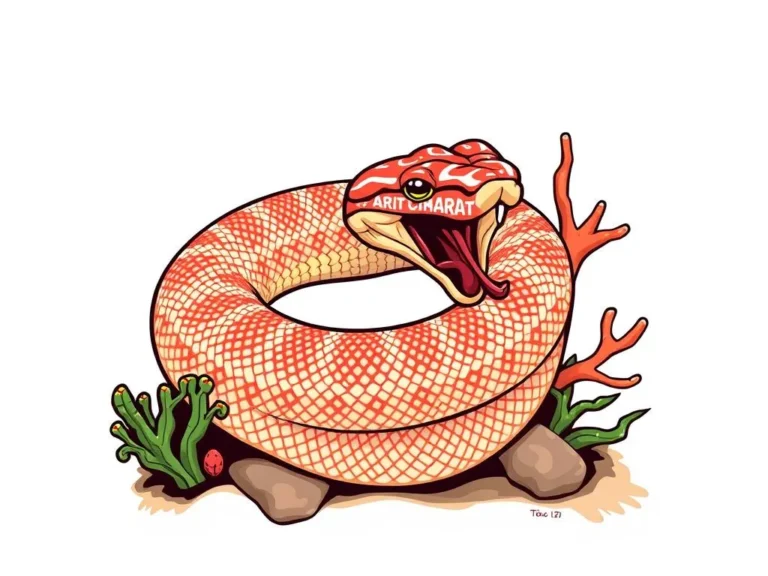Discus Symbolism: Exploring the Spiritual Significance of the Discus

Introduction
The discus, a circular throwing implement used in various athletic competitions, holds a fascinating symbolic significance that extends far beyond its physical form. In many cultures and belief systems, the discus has been imbued with deep spiritual meaning, serving as a representation of the cyclical nature of life, the balance of opposing forces, and the pursuit of enlightenment. Understanding the discus symbolism can offer valuable insights into our own personal journeys and the universal truths that connect us all.
In this article, we will delve into the rich symbolism of the discus, exploring its various interpretations and the insights it can provide into our spiritual and personal growth. By examining the discus symbolism through the lens of different cultural and religious traditions, we can gain a deeper appreciation for the profound wisdom it holds and how it can guide us on our path of self-discovery.
The Discus as a Symbol of Balance and Harmony
One of the most prevalent interpretations of the discus symbolism is its representation of balance and harmony. The circular shape of the discus, with its perfect symmetry, is often seen as a metaphor for the delicate balance between opposing forces in the universe. Just as the discus must be perfectly balanced and centered to achieve optimal performance, so too must we strive for a harmonious equilibrium in our own lives.
The discus, in this sense, might mean the importance of finding a harmonious balance between the physical and the spiritual, the masculine and the feminine, or the active and the passive aspects of our being. It could suggest that true growth and fulfillment come from the integration of these seemingly opposing forces, rather than the dominance of one over the other.
The Discus as a Symbol of Cyclical Existence
Another key aspect of the discus symbolism is its connection to the cyclical nature of existence. The circular shape of the discus, with its continuous motion, often represents the endless cycle of birth, death, and rebirth that is a fundamental aspect of many spiritual and philosophical traditions.
In this context, the discus might mean the perpetual cycle of change and transformation that we experience throughout our lives. It could suggest that just as the discus must be thrown and returned to the thrower, so too must we embrace the ebb and flow of our own personal journeys, understanding that every ending is also a new beginning.
The Discus as a Symbol of Enlightenment and Transcendence
In some spiritual and religious traditions, the discus symbolism is also associated with the pursuit of enlightenment and the transcendence of the physical realm. The discus, with its smooth, circular shape and its ability to soar through the air, is sometimes seen as a representation of the soul’s journey towards higher consciousness and spiritual awakening.
In this interpretation, the discus might mean the individual’s striving for a deeper understanding of the self and the universal truths that govern our existence. It could suggest that the discus, with its graceful and effortless motion, symbolizes the effortless flow of energy and the attainment of a state of inner peace and clarity.
The Discus in Cultural and Religious Traditions
The discus symbolism has been explored and interpreted in a variety of cultural and religious traditions throughout history. In ancient Greece, the discus was closely associated with the god Apollo, the patron of music, poetry, and athletic pursuits. The discus was seen as a symbol of the sun, representing the divine light and the pursuit of perfection.
In Hindu mythology, the discus (known as the “Sudarshana Chakra”) is a powerful weapon wielded by the god Vishnu, representing the cycle of creation, preservation, and destruction. The discus is often depicted as a spinning wheel of fire, symbolizing the unending cycle of existence and the ultimate power of the divine.
In some Native American traditions, the discus is seen as a representation of the sacred hoop, a symbol of the interconnectedness of all things and the cyclical nature of the universe. The discus, in this context, might mean the individual’s connection to the larger web of life and the importance of maintaining balance and harmony within that system.
The Discus and Personal Growth
The rich symbolism of the discus can also be applied to our own personal growth and development. Just as the discus must be carefully balanced and centered to achieve its full potential, so too must we strive for a sense of inner balance and harmony in our lives.
The discus, in this context, might mean the importance of finding a healthy balance between our physical, emotional, and spiritual needs. It could suggest that true fulfillment comes from the integration of these various aspects of our being, rather than the pursuit of one at the expense of the others.
Furthermore, the discus’ cyclical motion can serve as a reminder of the ever-changing nature of our lives and the importance of embracing change and transformation. Just as the discus must be thrown and returned to the thrower, so too must we learn to navigate the ebb and flow of our own personal journeys, understanding that every ending is also a new beginning.
Conclusion: Embracing the Wisdom of the Discus
The discus symbolism offers a rich and multifaceted perspective on the human experience, inviting us to explore the deeper truths that underlie our existence. Whether we view the discus as a symbol of balance, cyclical existence, or the pursuit of enlightenment, its profound wisdom can serve as a powerful guide on our personal and spiritual journeys.
By embracing the insights offered by the discus symbolism, we can cultivate a greater sense of inner harmony, a deeper appreciation for the cyclical nature of life, and a renewed commitment to the pursuit of personal growth and transcendence. In doing so, we may find that the discus, with its elegant and effortless motion, holds the key to unlocking the mysteries of our own being and the universal truths that connect us all.





